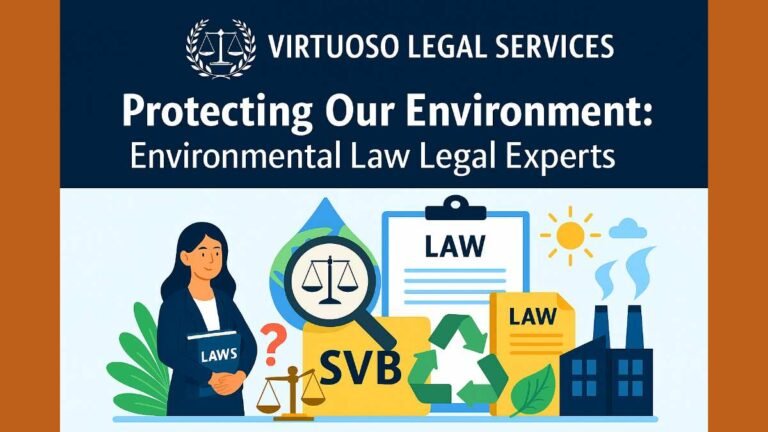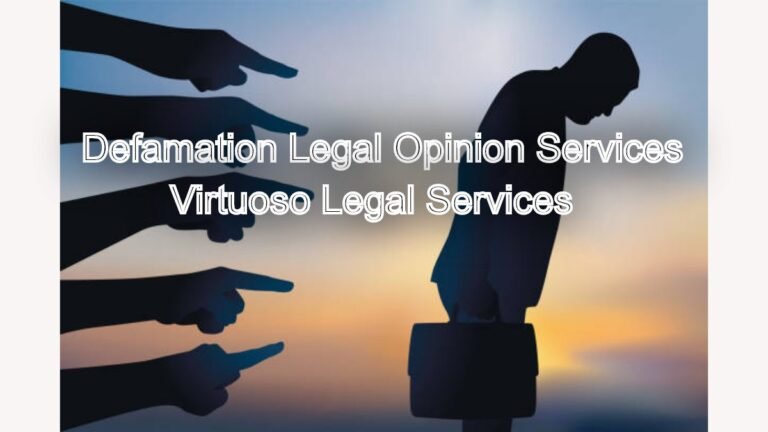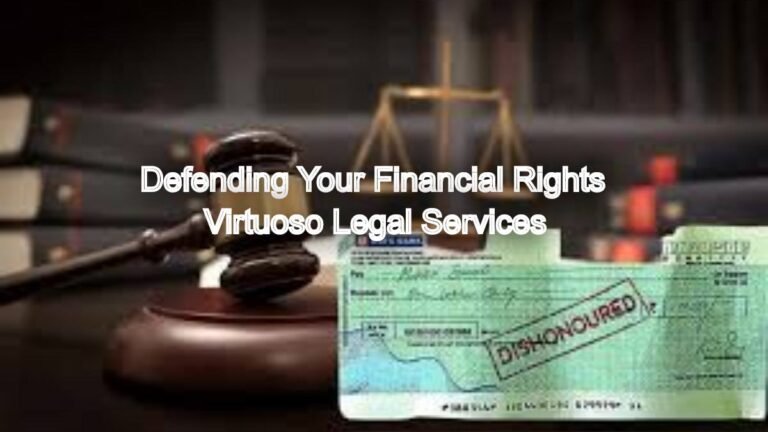Ending Domestic Violence: Domestic Violence Legal Experts
Ending Domestic Violence – Domestic violence is a serious issue. Furthermore, it affects countless lives. It is more than just physical abuse. It includes a wide range of harmful behaviors. This can be emotional, sexual, verbal, or economic abuse. The Protection of Women from Domestic Violence Act, 2005 (PWDVA) is a landmark law in India. It offers comprehensive protection to women. Provides a legal framework. It helps victims get justice. Virtuoso Legal Services offers expert legal solutions. We guide you through this difficult process. We stand by you every step of the way.
Understand the sensitive nature of these cases. We provide a safe and confidential space. Our team is highly experienced. We know the complexities of the law. Use this knowledge to protect our clients. We work tirelessly to secure their safety and well-being. Therefore, we offer a path to a better future.
Taking Back Control: Legal Solutions for Domestic Violence
Understanding the Law: The Protection of Women from Domestic Violence Act, 2005
The PWDVA is a powerful piece of legislation. It came into force on October 26, 2006. This Act provides for the protection of women. It protects them from violence within the family. Covers not just married women. It also includes women in live-in relationships, sisters, and mothers. Thus, its scope is very broad.
The Act provides a clear definition of domestic violence. It includes a variety of actions. Physical abuse is one form. It involves acts that cause bodily pain or harm. Sexual abuse is also defined. It includes any conduct of a sexual nature that abuses or humiliates a woman. Furthermore, verbal and emotional abuse is covered. This can include insults, threats, and name-calling. Lastly, economic abuse is also a key component. This involves depriving a woman of financial resources. It includes denying her access to money.
The law also addresses the concept of a “shared household”. This is a place where the victim lives or has lived. This is crucial. It gives a woman the right to reside there. This is her right, regardless of ownership. The Act, therefore, provides remedies to secure this right. A lawyer’s role is to enforce these provisions.
The Legal Process: From Complaint to Protection Orders
Taking legal action is a brave step. The first step is to seek legal counsel. We advise on the best course of action. The victim, known as the aggrieved person, can file an application. This is a formal request to a Magistrate. The application can be filed with the help of a Protection Officer. A service provider can also help. We assist with all the documentation. We ensure the application is complete and accurate.
Once filed, the court may issue various orders. These are designed to protect the victim. A protection order is the most common. It prohibits the abuser, or respondent, from committing further violence. It can also prevent them from entering the victim’s workplace or school. In addition, the court can issue a residence order. This secures the victim’s right to live in the shared household. It can also order the abuser to leave the home.
The court can also grant monetary relief. This is financial compensation. It covers medical expenses, loss of earnings, and legal costs. It provides essential support. Furthermore, a custody order can be issued. This gives temporary custody of children to the victim. It ensures their safety. These orders are powerful tools. They provide immediate relief. A lawyer is essential to obtain them. We argue for the strongest possible orders.
The Role of Domestic Violence Legal Experts
A lawyer’s role is multifaceted. We are not just legal representatives. We are also advocates for our clients. Provide a blend of legal expertise and compassionate support. We first listen to your story. We then gather all necessary evidence. This can include medical records, photographs, and witness statements. We build a strong case on your behalf.
We handle all legal proceedings. File the application with the court. Represent you at hearings. We argue your case before the judge. We also negotiate with the other party’s lawyers. Our goal is always to secure the best possible outcome. This could be a comprehensive settlement. It could also be a court order.
Sometimes, domestic violence involves a criminal offense. The Indian Penal Code (IPC) has relevant sections. For example, Section 498A deals with cruelty by a husband or his relatives. This is a separate legal action. We can assist with filing a complaint with the police. We then provide legal representation in the criminal proceedings. Therefore, we offer a holistic approach. We address both civil and criminal aspects.
Beyond the Courtroom: Support and Safety
Legal action is only one part of the journey. The victim’s safety is our top priority. We assist in developing a safety plan. This includes finding a safe place to stay. It also involves a plan for emergencies. We connect our clients with support networks. These can include NGOs and shelters. We help them access counseling and medical facilities.
A legal case can be emotionally draining. We provide consistent support. Update our clients at every step. We explain all legal jargon. This ensures they feel empowered. They are active participants in their own case. They are not just bystanders. We work to restore their confidence and their sense of control.
Frequently Asked Questions
The Protection of Women from Domestic Violence Act, 2005 (PWDVA) is a landmark Indian law that provides a legal framework to protect women from various forms of abuse within a family. This includes not just physical violence, but also sexual, verbal, emotional, and economic abuse.
The Act provides a clear and comprehensive definition of domestic violence. It covers: physical abuse, which includes causing bodily pain or harm; sexual abuse through any humiliating sexual conduct; verbal and emotional abuse, such as insults, threats, and name-calling; and economic abuse, which involves depriving a woman of essential financial resources or property.
The court can issue several types of orders to protect the aggrieved person. These include a protection order, which prohibits the abuser from committing further violence, and a residence order, which secures the victim’s right to live in the shared household.
A lawyer is essential for navigating the legal process. They help the victim, or aggrieved person, file the formal application with the court. They gather evidence, represent the victim during hearings, and argue for the strongest possible orders. Lawyers also assist with related criminal cases under the Indian Penal Code (IPC), such as Section 498A, and help victims develop a crucial safety plan.
The victim’s safety is a top priority. A lawyer can assist in obtaining an immediate protection order and a residence order from the court to ensure the victim is safe from the abuser. We also help clients connect with support networks, such as NGOs and shelters, and assist with developing a comprehensive safety plan to ensure their well-being throughout the legal and emotional journey.
Conclusion
Domestic violence is a pervasive problem. However, the law provides powerful remedies. The Protection of Women from Domestic Violence Act, 2005, is a beacon of hope. It gives women the tools to seek justice. Virtuoso Legal Services is committed to this cause. We are experts in domestic violence law. We provide tailored solutions. Offer strong legal representation. We ensure your safety. We fight for your rights. Our goal is to help you leave a violent situation. We want to empower you to start a new, safe life. We are here to help you end the cycle of abuse.
Read More
- Empowering Divorcees: Divorce Mediation Legal Services
- Navigating Divorce with Compassion: Divorce Legal Opinion Services
- Resolving Disputes Efficiently: Dispute Resolution Specialists
- Maintaining Discipline: Legal Opinion Experts
- Preserving Reputation: Defamation Legal Opinion Services
- Ministry of Women and Child Development (MoWCD):
![Virtuoso Legal Services [Best Legal Opinion Services 24×7]](https://legalopinion.org.in/wp-content/uploads/2023/09/cropped-logo.png)






